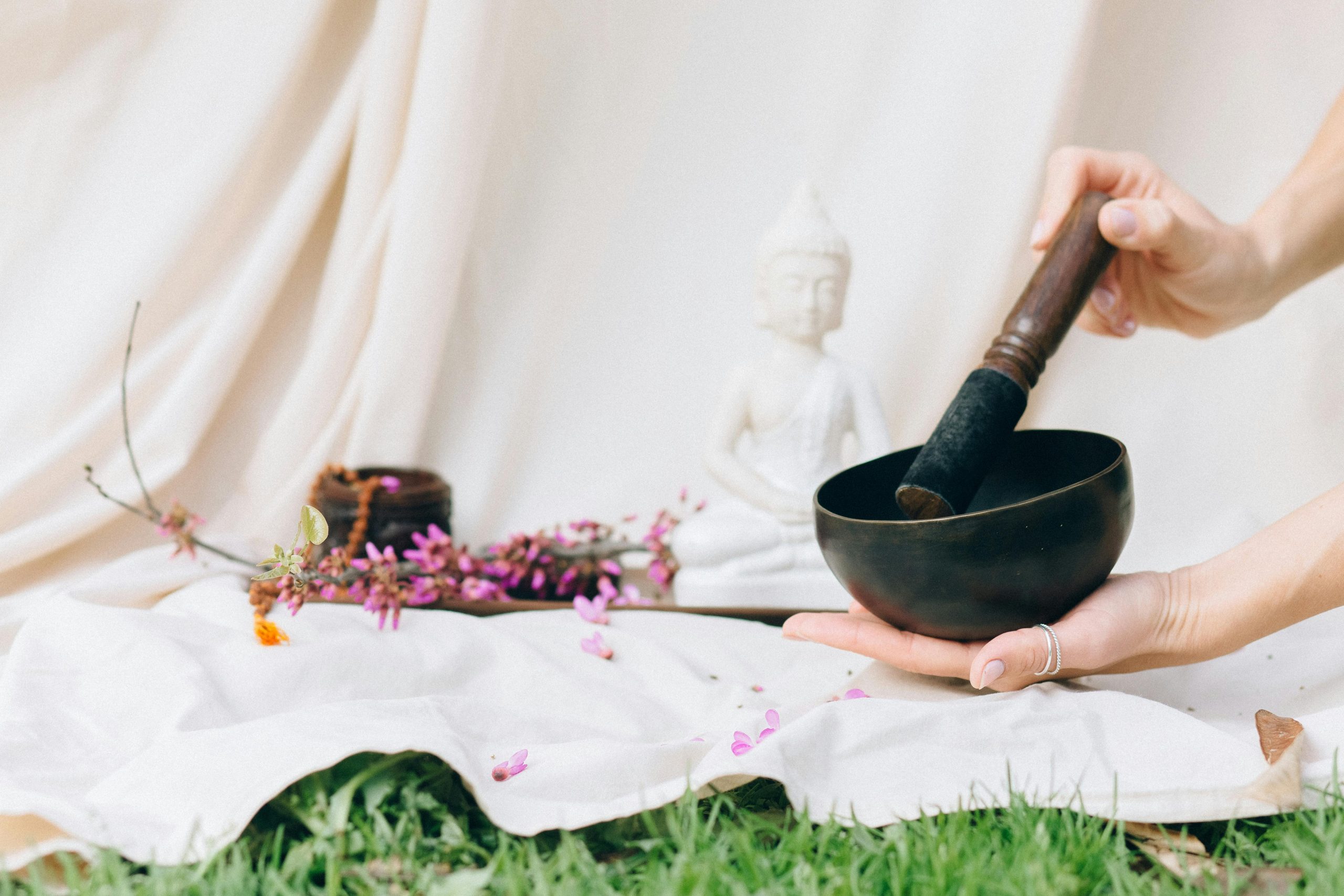In today’s fast-paced world, stress and anxiety have become common challenges that many people face daily. Whether it’s work pressures, personal relationships, or financial worries, these feelings can take a toll on your mental and physical health. While medication and therapy are effective for some, there are also natural ways to manage stress and anxiety that can help you regain balance and live a calmer, more fulfilling life. By incorporating simple lifestyle changes, mindfulness practices, and natural remedies, you can reduce stress levels and improve your overall well-being.
Practice Mindfulness and Meditation
One of the most effective natural ways to manage stress and anxiety is through mindfulness and meditation. These practices help you stay present, reduce negative thoughts, and cultivate a sense of inner peace.
Mindfulness Techniques
Mindfulness involves paying attention to the present moment without judgment. Simple techniques include:
- Deep breathing exercises: Inhale deeply through your nose, hold for a few seconds, and exhale slowly through your mouth.
- Body scan meditation: Focus on each part of your body, noticing any tension and consciously relaxing it.
- Mindful walking: Pay attention to each step, the sensation of your feet touching the ground, and your surroundings.
Meditation Benefits
Regular meditation has been shown to lower cortisol levels (the stress hormone) and improve emotional resilience. Even just 10 minutes a day can make a significant difference in reducing anxiety.
Incorporate Physical Activity
Exercise is a powerful stress reliever that boosts endorphins, the body’s natural mood elevators. Whether it’s a brisk walk, yoga, or strength training, physical activity can help clear your mind and reduce anxiety.
Best Exercises for Stress Relief
- Yoga: Combines physical postures, breathing exercises, and meditation to promote relaxation.
- Walking or jogging: Simple aerobic exercises that can be done anywhere and help release tension.
- Dancing: A fun way to get moving and distract your mind from stressors.
Consistency is Key
Aim for at least 30 minutes of moderate exercise most days of the week. Even short bursts of activity, like stretching or a quick walk, can help alleviate stress in the moment.
Eat a Balanced Diet
What you eat can have a profound impact on your stress levels and anxiety. A nutrient-rich diet supports brain health and stabilizes mood.
Foods That Reduce Stress
- Leafy greens: High in magnesium, which helps regulate cortisol levels.
- Fatty fish: Rich in omega-3 fatty acids, known to reduce anxiety.
- Nuts and seeds: Packed with healthy fats and vitamins that support mental health.
- Dark chocolate: Contains antioxidants and can boost serotonin levels.
Foods to Avoid
Limit or avoid caffeine, sugar, and processed foods, as they can exacerbate anxiety and lead to energy crashes.
Prioritize Sleep and Relaxation
Poor sleep can worsen stress and anxiety, creating a vicious cycle. Establishing healthy sleep habits is essential for mental well-being.
Tips for Better Sleep
- Stick to a schedule: Go to bed and wake up at the same time every day.
- Create a calming bedtime routine: Read a book, take a warm bath, or listen to soothing music.
- Limit screen time: Avoid phones and computers at least an hour before bed.
Relaxation Techniques
Incorporate relaxation practices like progressive muscle relaxation, aromatherapy (using lavender or chamomile), or gentle stretching before bed to unwind.
Connect with Others
Social support is a crucial factor in managing stress and anxiety. Spending time with loved ones or talking to a trusted friend can provide comfort and perspective.
Ways to Stay Connected
- Join a support group: Sharing experiences with others facing similar challenges can be therapeutic.
- Schedule regular catch-ups: Even a quick phone call or video chat can lift your spirits.
- Volunteer: Helping others can shift your focus away from your own worries.
The Power of Laughter
Laughter truly is the best medicine—watch a funny movie, attend a comedy show, or share jokes with friends to lighten your mood.
Managing stress and anxiety naturally is about creating a lifestyle that supports your mental and emotional health. By practicing mindfulness, staying active, eating well, prioritizing sleep, and nurturing relationships, you can build resilience and enjoy a calmer, more balanced life. Remember, small changes can lead to big improvements over time. Start with one or two strategies and gradually incorporate more as you feel comfortable. Your journey to a stress-free life begins with a single step.



